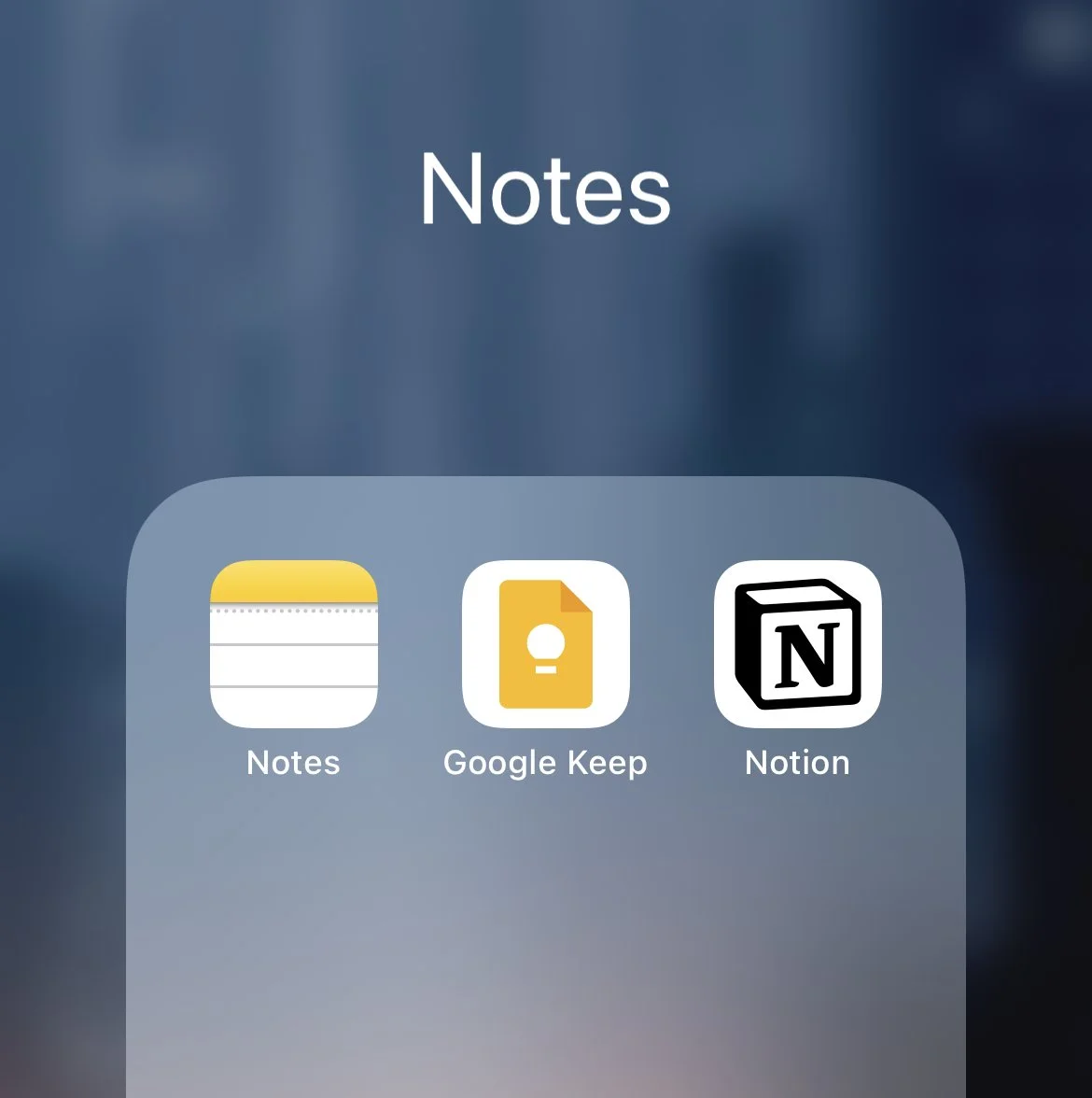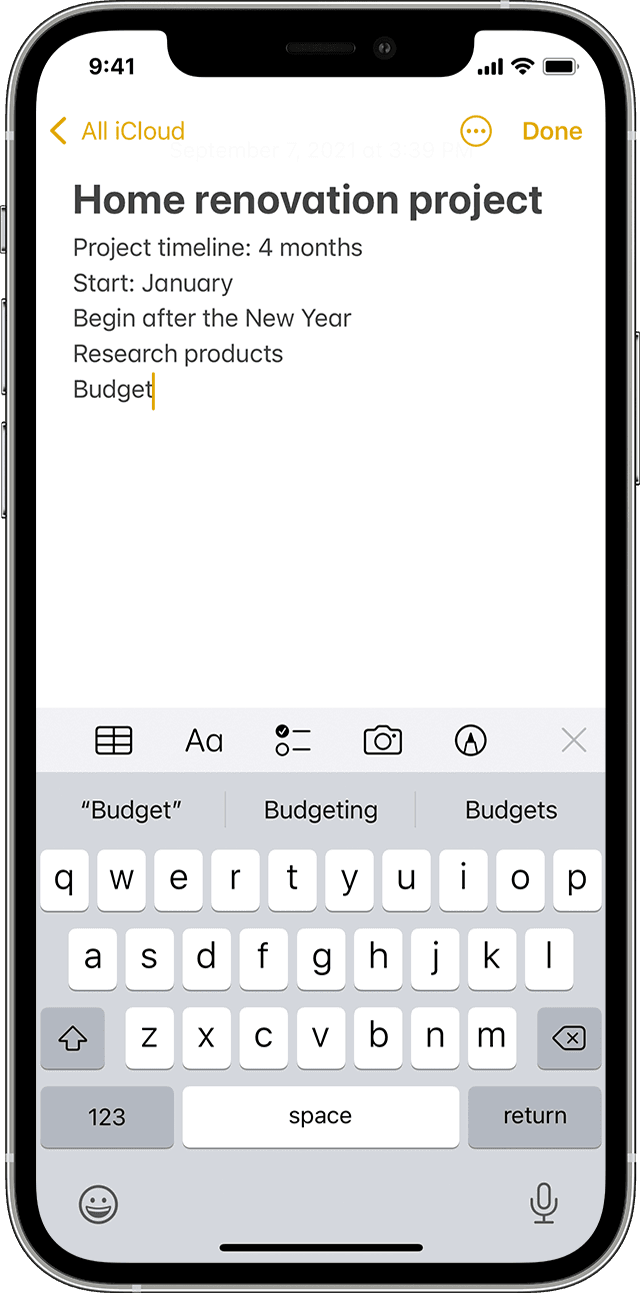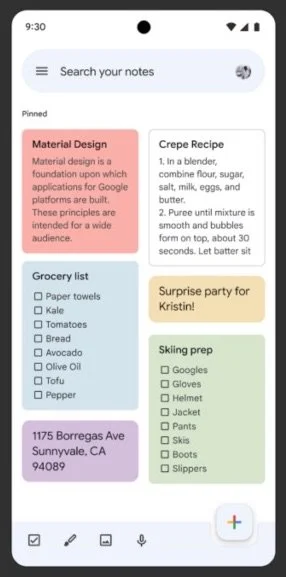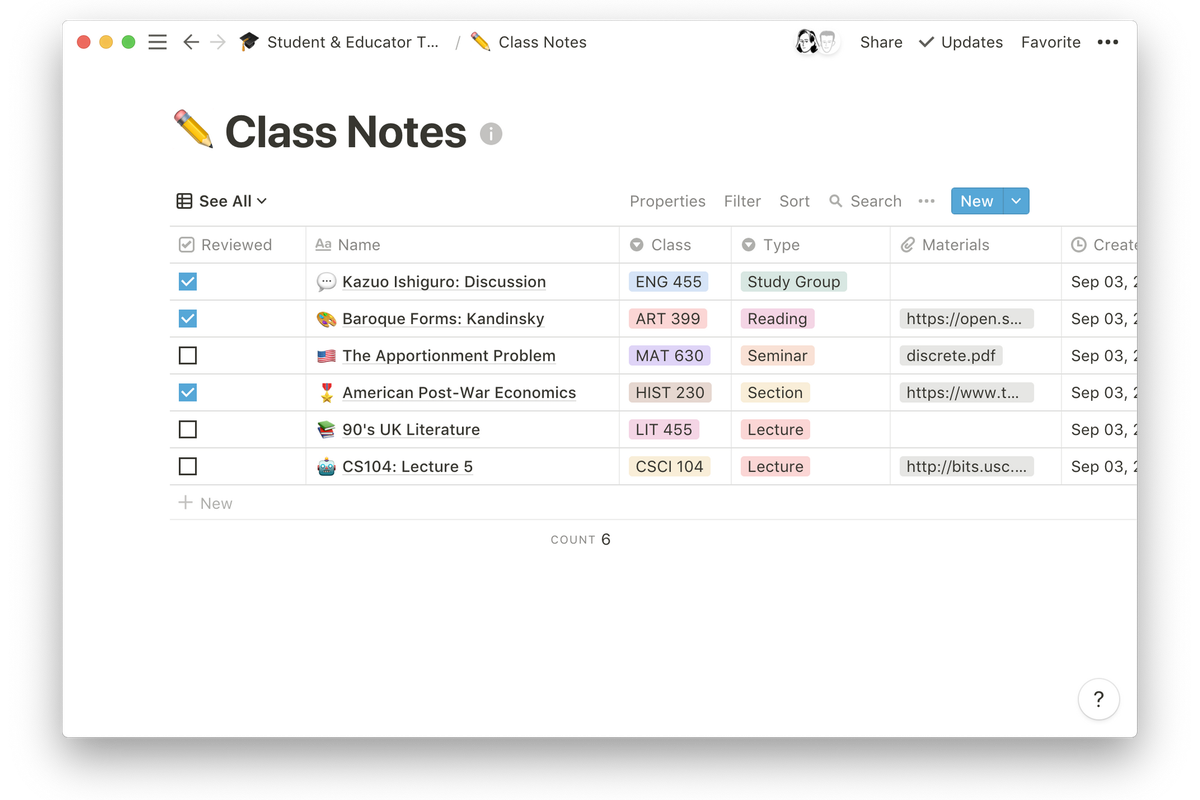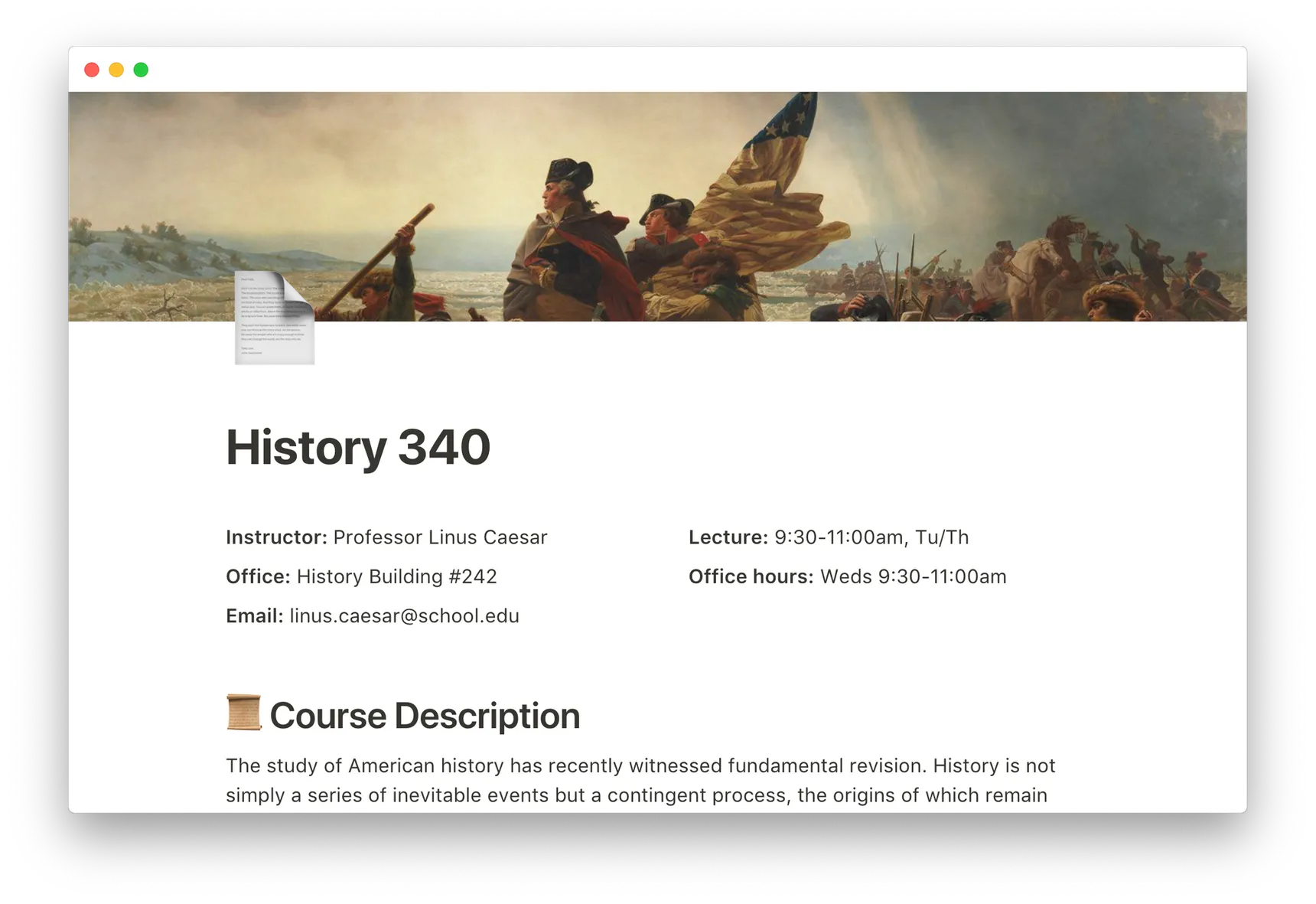Battle of the Notes Apps
By: Aedan Henry ‘24 (Guest Blogger)
As a college student, it’s important to stay organized. There are many, many tools to help with that, but perhaps none are as popular as a humble notes app. A simple list of cloud-synced text blocks can be used for anything from homework tracking to scratch writing — that versatility makes them a must for any USC student with a busy schedule. But with so many popular options, which should you use?
Apple Notes
The built-in option for Apple users, Apple Notes, provides a classic experience that balances simple design with useful features.
Pros:
Easy mobile app
Integrated with Apple systems, especially iMessage
Simple design
Cons:
Restricted to Apple users
Lacks some formatting options
Doesn’t do much besides text
Good for:
Apple users
Quick notes
Writing
Google Keep
Google’s notetaking option lacks many features but makes up for it with a unique grid-view layout and integration with Google tools (including a web-clipping Chrome extension).
Pros:
Browser-based
Simple layout with tagging and color coding
Integrated with Google Docs, Google Calendar, and Google Keep Chrome extension
Cons:
Lacks most formatting options
No folder system
Good for:
Google users
Saving web pages
Quick notes and lists
Notion
The trendy option for “aesthetic” personal home pages, Notion offers a wide variety of complex database and formatting options, but loses some of the simplicity needed to quickly jot something down.
Pros:
Popular and aesthetic
System allows for interlinked notes
Complex databases for planning, tagging, and scheduling
Cons:
Can be slow and buggy
Not optimized for quick offhand notes
Mobile app can be hard to use
Good for:
Aesthetic personal homepages
Notes that link to each other
Project planning, scheduling, and life organization
No matter which you end up settling on, hope this points you in the right direction!
Want more from Trojans 360?
Visit Trojans 360 on Facebook & Twitter to stay up to date with more student content! You can also Ask A Trojan an anonymous question, and we’ll try to answer it in a future post. And don’t forget to follow us on Instagram!
Trojans 360 is USC’s official student-run blog. Content created by students, for students.

